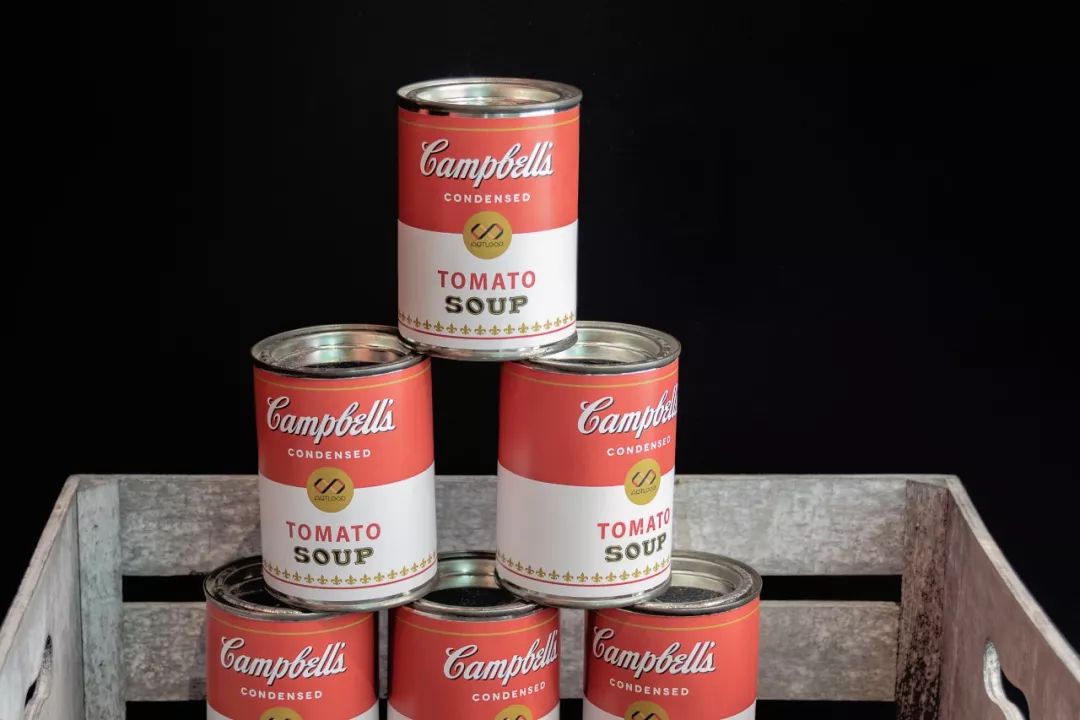When learning English, we often strive to master standard pronunciation,
but in reality, even native speakers may not always be very “standard”.
Today’s lesson will teach you about words that Americans often “mispronounce”.
Is it I can or I can’t?

In English, some words have spellings that do not quite match their pronunciation:
-
Spelling and pronunciation don’t match
For example, Americans often pronounce “can” quickly, making it sound like “kin”:
-
Can → kin
The “t” sound at the end of “can’t” is often weakened to almost nothing, making it sound like “can”.
-
Can/can’t

In this case, you can understand the meaning based on the situation and context:
-
Adam, can you go to the party? Adam, can you attend the party?
-
Sure/Cool. Sure.
When expressing willingness, saying “yes, I can” may seem a bit forced, so people usually say “sure” or “cool”.
-
Adam, can you go to the party? Adam, can you attend the party?
-
Sorry, I can’t. Sorry, I can’t.
-
I’m afraid I can’t. I’m afraid I can’t.
When expressing inability, it’s common to add words like “sorry” or “I’m afraid” to convey attitude.
Prepositions in Spoken Language

Prepositions in spoken language are often quickly slurred, and their pronunciation differs from the original:
of → uh
-
Can you pass me a can uh (of) coke?
-
A bowl uh (of) cereal
-
A glass uh (of) milk
-
A lot uh (of) love
to → tuh
-
Give it tuh (to) me
for → fer
-
I got it fer (for) you
an → en
-
Give me en (an) apple
Commonly Mispronounced Words

Pay attention to the pronunciation of these words in spoken language:
-
Almond: /ˈɑːl.mənd/ almond
Weakening the “l” in the word makes it sound very much like “all”
-
Mirror: /ˈmɪr.ɚ/ mirror
Sounds like “mere”.
-
Towel: /taʊəl/ towel
Do not pronounce it as “to-wel” or “tow-er”.
The Pronunciation of